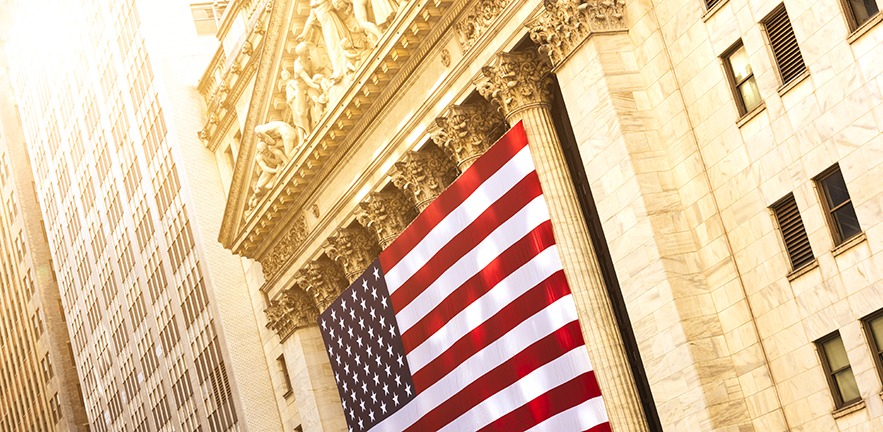The outperformance of US equity markets in the last century has continued in the 21st century, says a new study co-authored by Elroy Dimson of Cambridge Judge Business School.

The 20th century has widely been dubbed “The American Century”. Given the economic strength of the US during that period, it is unsurprising that US financial markets outperformed the rest of the world during the last century. More remarkable is that the US stock market has continued to outpace other equity markets by a “significant margin” in the 21st century, says a new study co-authored by Professor Elroy Dimson of Cambridge Judge Business School that looks at “American exceptionalism”.
“There can be no guarantee that American exceptionalism will persist,” the study concludes, noting the current confluence of several factors including the outsize impact of technology stocks on US equity markets and a low interest rate environment. Yet such continued exceptionalism is clearly evident so far in the current century.
The study (“American Exceptionalism: The Long-Term Evidence”) published in the Journal of Portfolio Management draws on from research covering the last 121 years by Professor Elroy Dimson, Research Director (Finance) and Chairman of the Centre for Endowment Asset Management at Cambridge Judge, and Professor Paul Marsh and Dr Mike Staunton of London Business School that is published every year in an updated yearbook. That research, which began in 1999, aimed to plug a long-term gap in which “virtually all we knew about long-term returns was from the United States”, says the new study.
“One important aim for us was to assess the degree of exceptionalism in US asset returns over the 20th century,” the authors say. “Unsurprisingly, we find that US asset returns were much higher than for the rest of the world during the 20th century. More surprisingly, we find that after this pattern was publicised and investors had absorbed the evidence, US asset returns continued to outperform the rest of the world during the 21st century.
“Some observers may have expected that, because the US equity market had done so well in the 20th century, the USA was due to perform badly in the 21st century.” That has not been the case.
The US stock market recorded an annualised real (inflation-adjusted) return of 6.6% from 1990 to 2020, compared to a 4.5% real return (in US dollars) of a 90-country index of non-US equities over the same period.
So far in the 21st century real US equity returns of 4.6% have easily surpassed the rest of the world (2.8%) and Europe (2.5%). And in 2009-2020, the period since the global financial crisis, the US real return was very high at 12.6% compared to 7.0% in the rest of the world. This pattern continued in 2020, a year dominated by COVID-19, in which US equity real return of 18.9% dwarfed the rest of the world, which grew 10.4%.
The new study discounts some possible explanations for American exceptionalism when it comes to equity returns. As for a strong currency, the authors say this is not the reason because US equity superiority is “equally evident if we work in common currency terms rather than local currency adjusted for the impact of local inflation.” Looking at higher investment risk as a potential reason, the study finds that that “the standard deviation of US real equity returns of 19.9% places it among the lower risk markets”.
“Why, then, did the US stock market exhibit continuing strength in the 21st century, despite three bear markets and, especially, the recent pandemic?” the study asks, identifying several explanations: an “apparent disconnect” between the stock market and the real economy, with investors looking forward beyond short-term news; a low interest rate strategy by the US Federal Reserve, which has boosted stocks and bonds alike; and the “uniquely large exposure” of US equity markets to technology companies that “have been resistant to, and in many cases thrived in, current economic conditions”. “Whether these factors will continue to support US stock prices is not known,” the study concludes. “So far as the stock market is concerned, there can be no guarantee that American exceptionalism will persist.”


